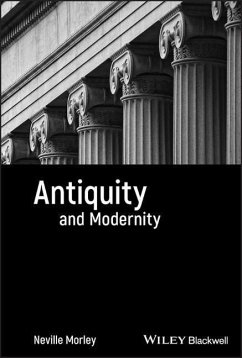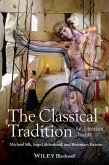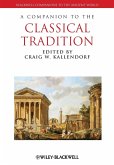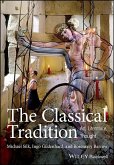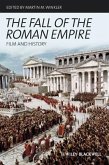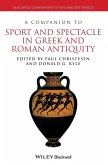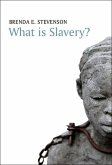This book explores the relationship between antiquity and modernity, examining a broad range of thought in the process. The first part considers the development of ideas about the difference between ancient and modern, whether conceptualized in economic, political, cultural, social or psychological terms, and it explores the way that modernity comes to be defined by this difference. The second part examines the uses of the past and of narratives of historical development in the modern era, both in the foundation myths of modernity and in the critiques offered by those who sought to promote alternative forms of society.
The nature, faults and future of modern civilization and how these connect to the past are tackled in this broad-reaching volume.
Presents a study of modernity that examines classical influences
Incorporates political, economic, social, and psychological theories
Highlights writings from a wide range of thinkers, including Adam Smith, Marx, Mill, Nietzsche, Weber, and Freud
Hinweis: Dieser Artikel kann nur an eine deutsche Lieferadresse ausgeliefert werden.
The nature, faults and future of modern civilization and how these connect to the past are tackled in this broad-reaching volume.
Presents a study of modernity that examines classical influences
Incorporates political, economic, social, and psychological theories
Highlights writings from a wide range of thinkers, including Adam Smith, Marx, Mill, Nietzsche, Weber, and Freud
Hinweis: Dieser Artikel kann nur an eine deutsche Lieferadresse ausgeliefert werden.
"Morley's wide-ranging and ambitious study subjects the mythology of 'modernity' to an incisive critique. This provocative and original book asserts the persistent significance of concepts of antiquity in underpinning the most quintessentially and self-consciously 'modern' disciplines of economics and sociology."
-Catharine Edwards, Birkbeck College
"Morley's study opens a fascinating window onto the history of the shifting ideas of antiquity and the correlative sciences of modernity - onto the ever-changing and still ongoing dilemma of their mutual dependency. Probing the uncertain 'logic of modernity,' Morley obliges us to ask whether, if we have never been modern, was antiquity ever ancient? This is a much-needed reassessment of the classical European traditions of economic, sociological, and political theory."
-James I. Porter, University of Michigan
-Catharine Edwards, Birkbeck College
"Morley's study opens a fascinating window onto the history of the shifting ideas of antiquity and the correlative sciences of modernity - onto the ever-changing and still ongoing dilemma of their mutual dependency. Probing the uncertain 'logic of modernity,' Morley obliges us to ask whether, if we have never been modern, was antiquity ever ancient? This is a much-needed reassessment of the classical European traditions of economic, sociological, and political theory."
-James I. Porter, University of Michigan

